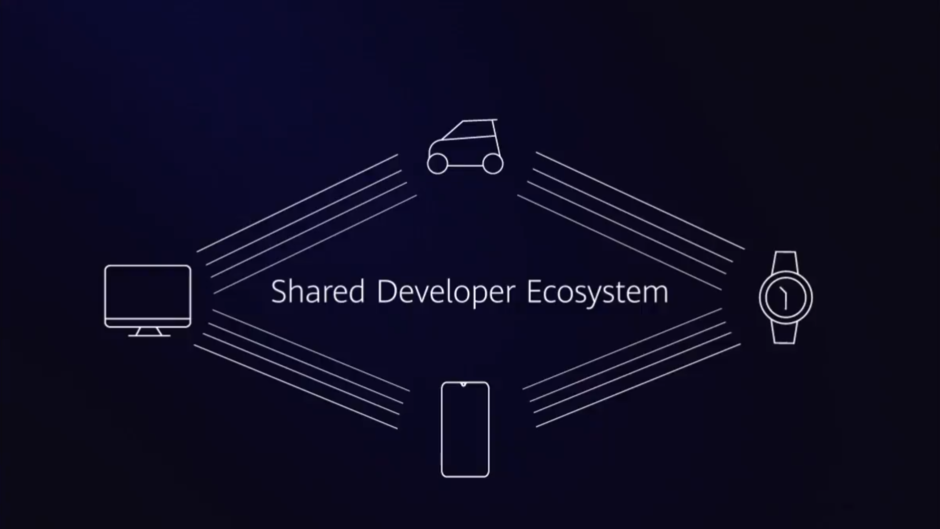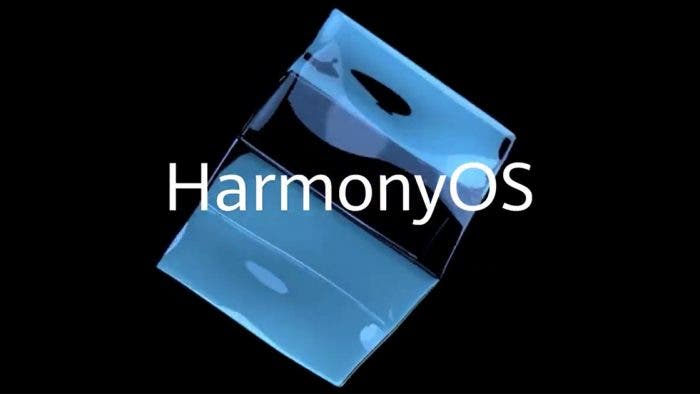At the 2019 Huawei Developers Conference held this afternoon, Huawei’s Yu Chengdong announced the launch of Harmony OS. This is a full-scale distributed OS based on a microkernel.
Well, we have already heard about this. But it’s more interesting what progress it will have. In 2019, Harmony OS 1.0 was released. Based on the open-source architecture, the key modules were self-developed and used on the smart screens. In 2020, Harmony OS 2.0 will be released, and it will use a self-developed kernel and application framework. This is more suitable for innovative domestic PCs, watches, bracelets, and cars. In 2021, Harmony OS 3.0 will support software and hardware coordination for speakers and headphones. It will be used in equipment such as VR glasses after 2022.

As for the core features, Harmony OS can bring the ability to share between terminals as well as bring the best collaborative experience. It is based on a distributed architecture, which provides a natural and smooth performance, and supports kernel security and ecological sharing.
According to Yu Chengdong, Android has more than 100 million lines of code, and the kernel has more than 20 million lines. However, the code used by general users is less than 8%. So the overall redundancy is unnecessary. In the IoT era, this is neither necessary nor required.
Therefore, he proposed the concept of ‘microkernel’, which is also one of the main characteristics of Harmony OS. Unlike the ‘macro-kernel’, the micro-kernel uses the same set of operating platforms to deploy products with different hardware capabilities and adopts a distributed architecture to improve efficiency.
That is to say, smartphones and in-vehicle devices have different uses. So it is not necessary to fill in the same system. But they can use the same kernel and deploy different interfaces or functions.





